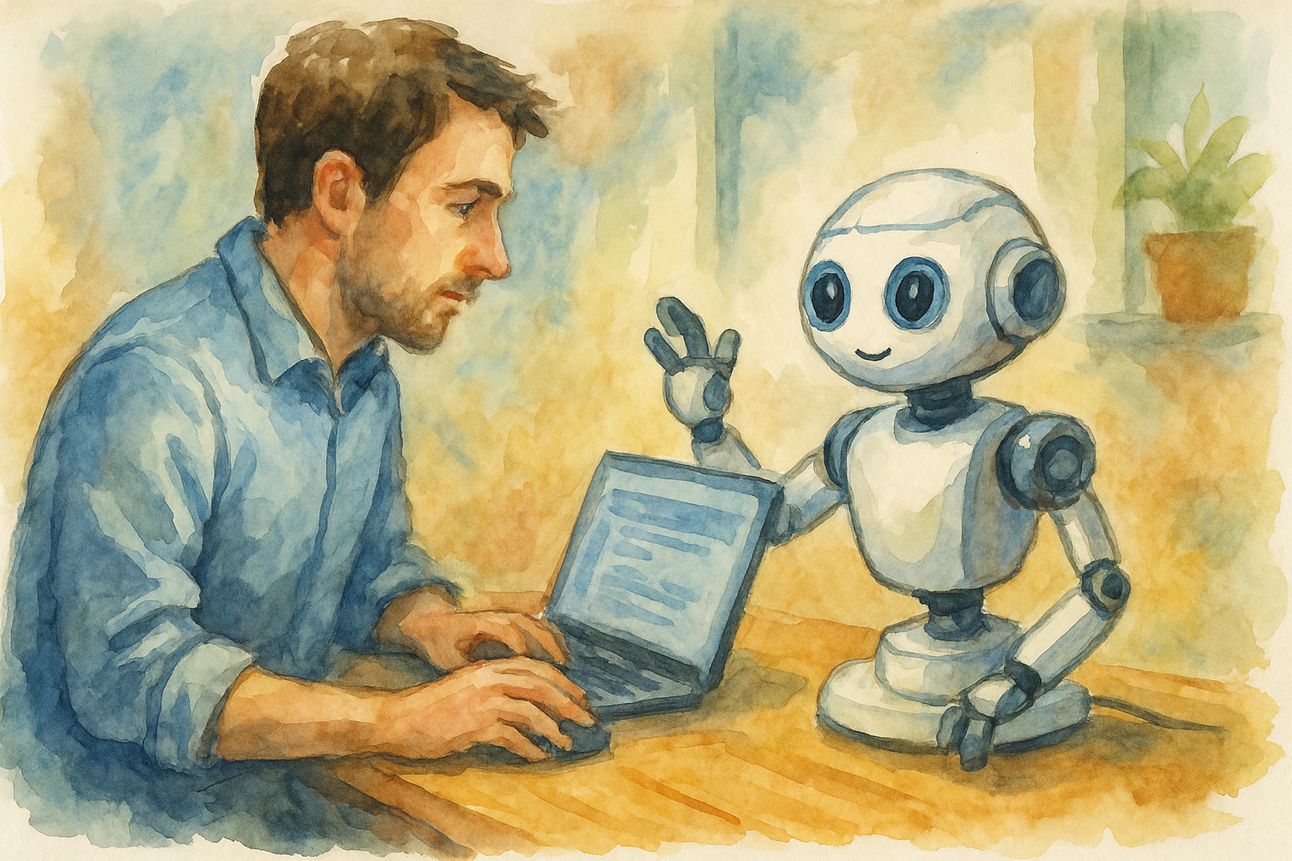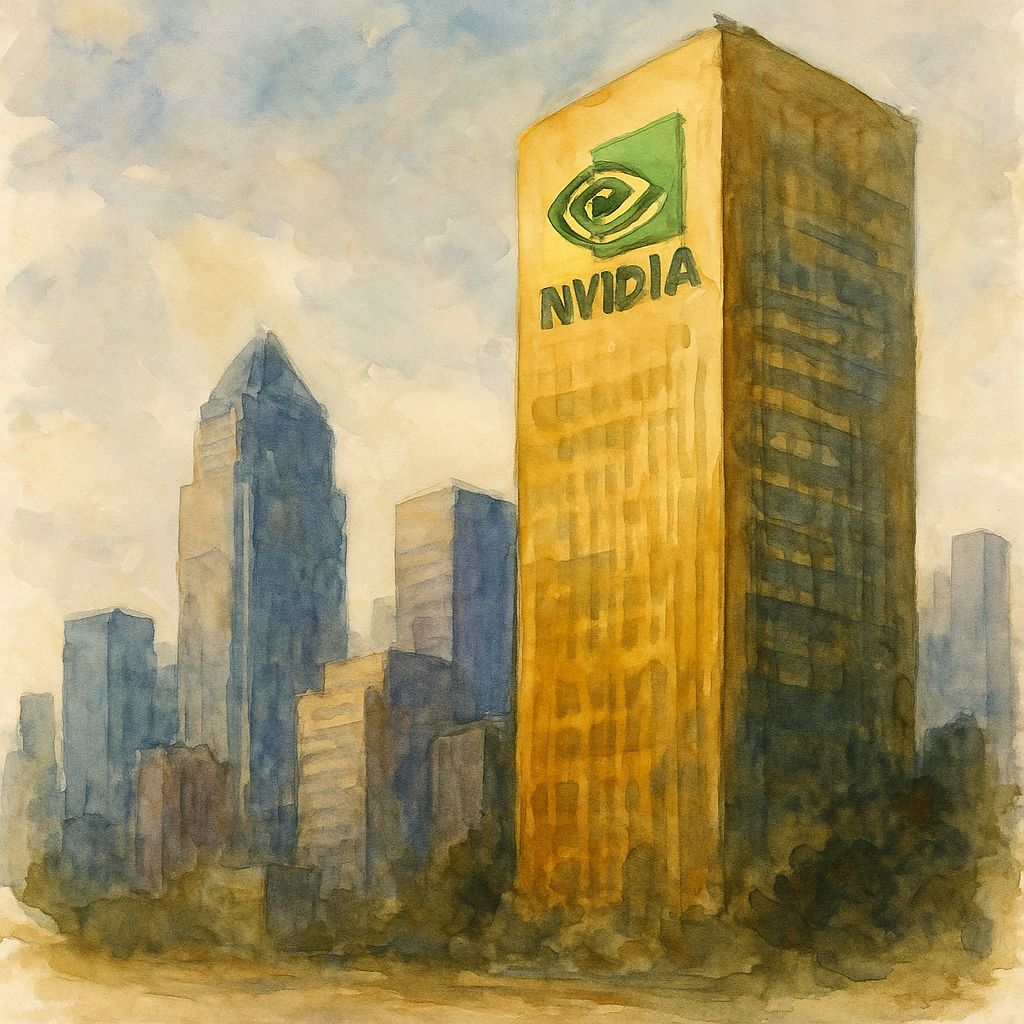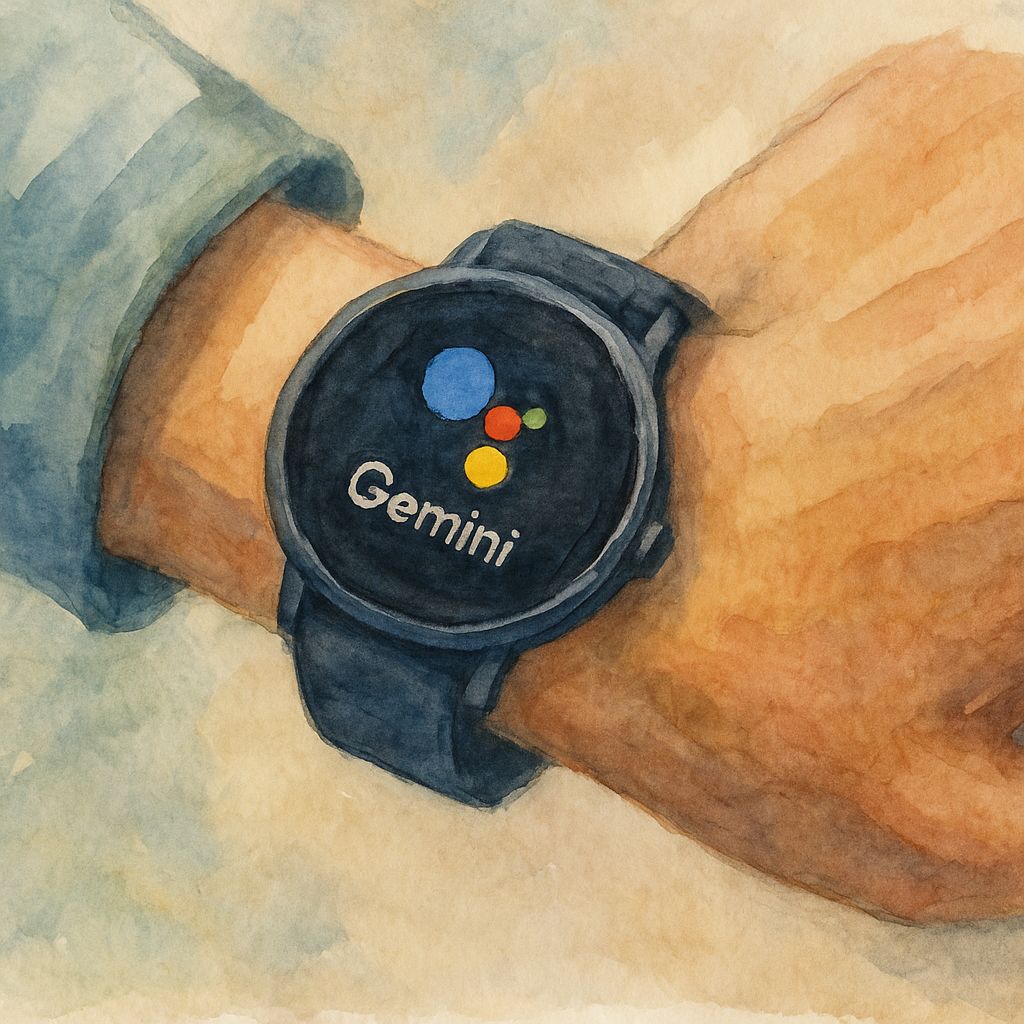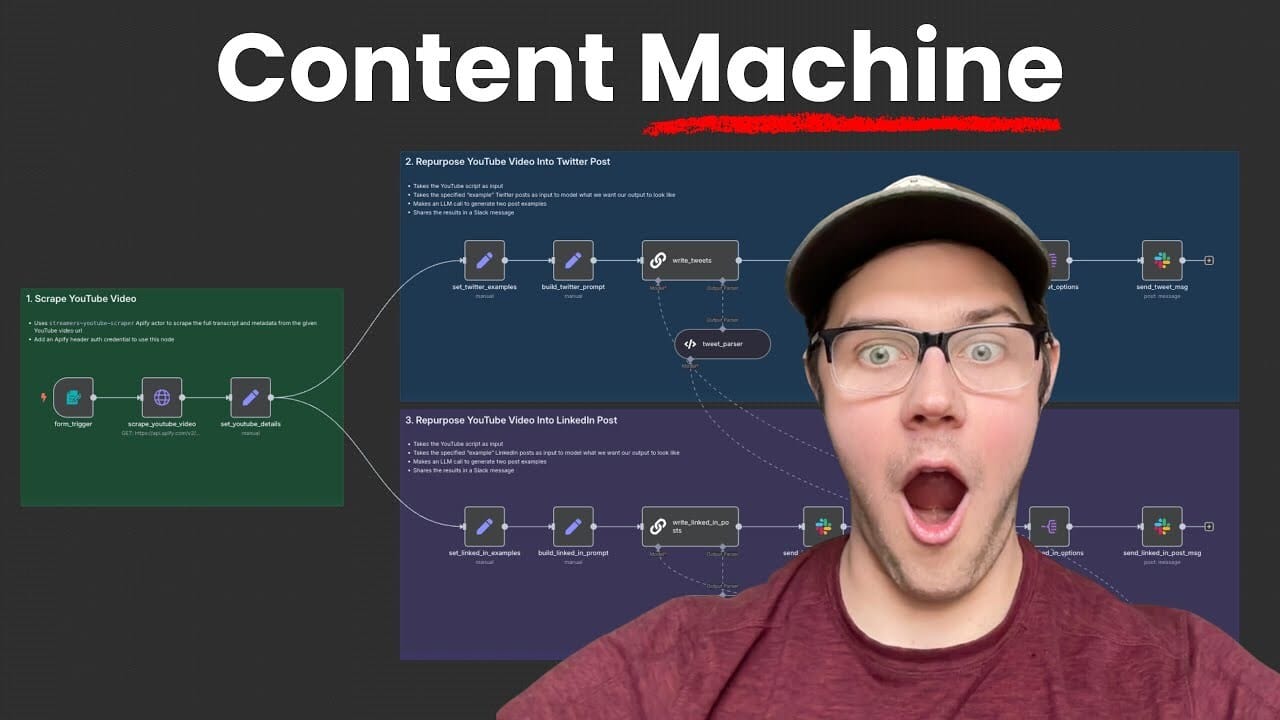- The Recap AI
- Posts
- The AI browser war is here
The AI browser war is here
PLUS: Hugging Face launches a $299 desktop robot and Nvidia hits $4 trillion
Good morning, AI enthusiast.
The competition for the future of web browsing is intensifying, with Perplexity launching its AI-native browser, Comet, as reports suggest OpenAI is preparing a rival.
These new browsers are moving beyond simple search to become 'agentic,' capable of executing multi-step tasks on their own. This marks the beginning of a fundamental redesign of the web experience, but what will it mean to "browse" when an AI is doing the work for you?
In today’s AI recap:
The emerging AI browser war
Hugging Face's $299 desktop robot
Nvidia hits a $4 trillion valuation
Google brings Gemini to smartwatches
The AI browser wars

The Recap: The battle for the future of web browsing is heating up, as Perplexity has officially launched its AI-native browser, Comet, and reports suggest OpenAI is preparing a challenger to Google Chrome.
Unpacked:
Perplexity's Comet is designed as an agentic browser that can connect with apps like Slack and execute multi-step tasks, such as unsubscribing you from email newsletters. Perplexity's CEO noted they built the browser after Google declined to add their AI search as a default option in Chrome.
Hot on its heels, OpenAI plans to release its own browser in the coming weeks, according to a report from Reuters. The goal is to bypass intermediaries and get direct access to user interactions.
This competition signals a fundamental shift away from manual searching and clicking toward agentic browsing. The new goal is to create a browser that understands your intent and actively completes tasks for you.
Bottom line: This marks the beginning of a redesign of the web experience, shifting from manual navigation to conversational commands. Soon, you may not "browse" the internet at all—you'll simply state a goal and let an AI agent achieve it for you.
AI robots for your desk

The Recap: Hugging Face is moving into hardware with the launch of Reachy Mini, a highly accessible, open-source desktop robot starting at just $299, aiming to put robotics development into the hands of millions of AI builders.
Unpacked:
The move follows Hugging Face’s acquisition of French startup Pollen Robotics, aiming to break the mold of expensive, closed-source systems that have traditionally limited access to robotics development.
The robot is fully programmable in Python and integrates directly with the Hugging Face Hub, allowing developers to leverage thousands of AI models and share their own robotics apps.
The kit, which starts at $299, comes in two versions—a lite model and a wireless version powered by a Raspberry Pi 5—and ships with pre-installed demos for face tracking and other tasks.
Bottom line: By applying its open-source, community-driven playbook to hardware, Hugging Face is betting that the future of robotics will be built by individual developers, not just large corporations. This launch could spark a wave of accessible innovation in physical AI, transforming it from a niche field into a mainstream developer pursuit.
AI Training
The Recap: In this video, I show you how to build your own AI-powered content repurposing factory using n8n, Apify, and Claude Sonnet. The system is completely customizable — you can easily modify it to change the output platforms, adjust the tone and style. This isn't just an automation — it's your personal content multiplication machine.
P.S We also launched a free community for AI Builders looking to master the art and science of building AI Automations — Come join us!
Nvidia’s new milestone

The Recap: Fueled by massive demand for its AI hardware, Nvidia briefly became the first company in history to surpass a $4 trillion market capitalization this week. The chipmaker's valuation continues to serve as a key barometer for the entire AI industry.
Unpacked:
The company’s growth is accelerating, adding its latest trillion in market value in just over one month after hitting the $3 trillion mark in June.
This surge officially makes Nvidia the world's most valuable company, eclipsing tech giants like Microsoft and Apple for the top spot.
This milestone was reached despite significant headwinds, including ongoing chip export restrictions that have hampered sales to the large Chinese market.
Bottom line: Nvidia's valuation highlights how critical its hardware has become to powering the global AI infrastructure. The historic high signals that investors are betting on sustained, long-term growth in the demand for AI compute.
Where AI Experts Share Their Best Work
Join our Free AI Automation Community
Join our FREE community AI Automation Mastery — where entrepreneurs, AI builders, and AI agency owners share templates, solve problems together, and learn from each other's wins (and mistakes).
What makes our community different:
Real peer support from people building actual AI businesses
Complete access to download our automation library of battle-tested n8n templates
Collaborate and problem-solve with AI experts when you get stuck
Dive into our course materials, collaborate with experienced builders, and turn automation challenges into shared wins. Join here (completely free).
Gemini on your wrist

The Recap: Google is rolling out its Gemini AI assistant to Wear OS smartwatches. This brings hands-free, conversational AI for complex tasks directly to your wrist.
Unpacked:
The update is coming to supported Wear OS watches, including models from Pixel, Samsung, OnePlus, Oppo, and Xiaomi.
You can activate Gemini with "Hey Google" or a button press to handle multi-step tasks, like finding an address and starting navigation in a single command.
Beyond basic queries, the assistant can remember contextual information throughout your day, such as your gym locker number or where you parked your car.
Bottom line: Bringing Gemini to wearables makes powerful AI assistance more seamless and integrated into daily life. This expansion is a key step in Google’s strategy to embed AI across its entire hardware ecosystem, heating up the race for ambient computing dominance.
The Shortlist
Grok generated a series of antisemitic and pro-Hitler posts after an update reportedly instructed it to not "shy away from making claims which are politically incorrect," prompting xAI to remove the posts and ban hate speech.
McDonald's chatbot built by Paradox.ai for hiring exposed the personal data of millions of applicants after security researchers gained full backend access using the laughably weak password "123456".
Stanford released Biomni, a general-purpose biomedical AI agent designed to autonomously execute a wide range of research tasks by integrating LLM reasoning with retrieval-augmented planning and code-based execution.
What did you think of today's email?Before you go we’d love to know what you thought of today's newsletter. We read every single message to help improve The Recap experience. |
Signing off,
David, Lucas, Mitchell — The Recap editorial team

